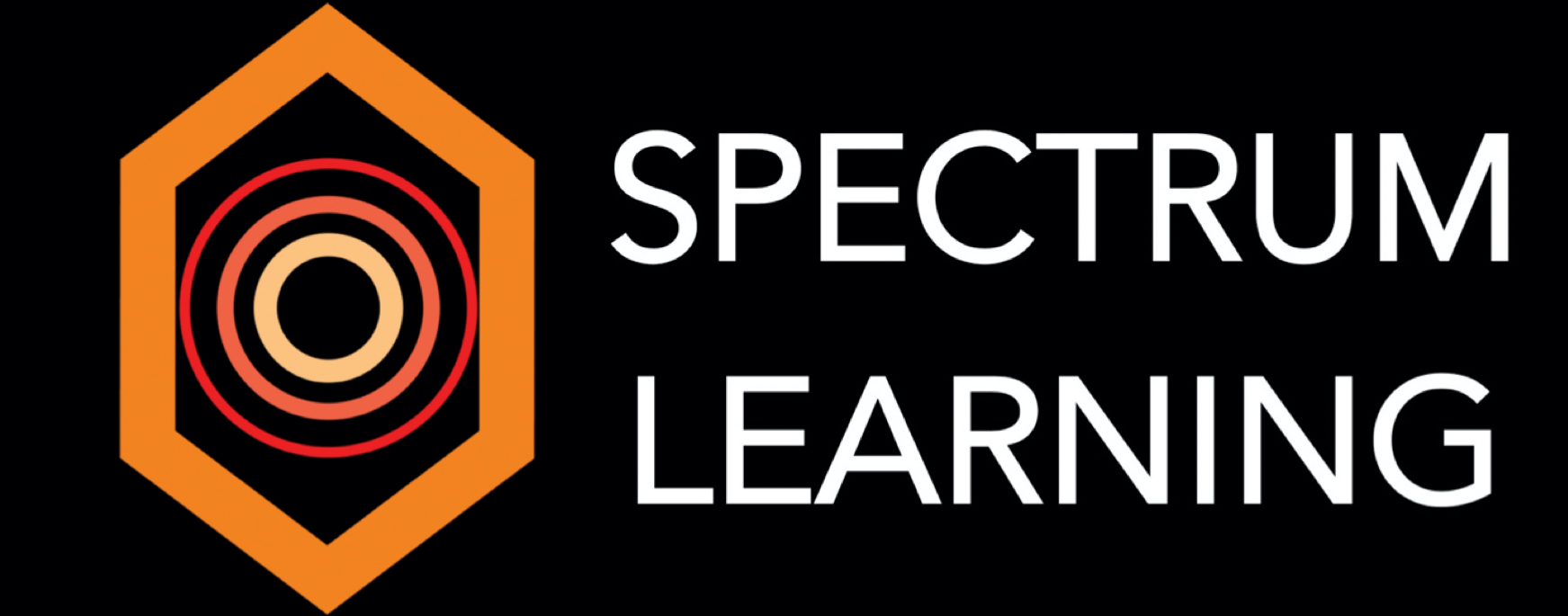Learning Difficulties
Slow Learning and Poor Comprehension
Learning difficulties is a general term used to describe a difficulty with learning a subject but is not sufficiently severe to be considered a disorder. Those with learning difficulties across all subjects are considered slow learners. They do poorly in school but are not eligible for special education. At Spectrum Learning, we believe that the brain can be trained to target learning difficulties to improve the learning experience. Difficulties in spelling and comprehension are common among such children. Since the founding of Spectrum Learning, we have worked with many children who have Spelling and Reading difficulties. We have investigated into the causes of this problem using brain mapping (QEEG) and biological tests. Symptoms of learning difficulties typically include:
- Poor memory
- Poor cognition (reasoning and thinking)
- Passive; slow response
- Lack focus, short attention span
- Weak in auditory and/or visual processing
- Unable to learn or complete assignments on their own
- Functions at ability but significantly below grade level
- Difficulty following multi-step directions
- Mastering skills slowly or not at all
Finding the causes
Brain factors
We found that many individuals with learning difficulties have brains that are under-aroused or fatigued. This can make them look passive and unfocused. The low arousal also cause them to be slow in their thinking and work.
While working on tasks, we also identified different brain profiles; some have shut downs that are localised only at specific parts of the brain, leading to specific learning difficulties (as shown in the figures below). These can manifest as language-related issues, visual processing issues or focus problems, among others.
At Spectrum Learning, we have developed an intervention programme using neurofeedback therapy to help clients learn to activate the essential parts of their brain while reading. With this method, the language and memory centers (for example) are activated while they read. This has been found to significantly improve reading speed and comprehension.
For children with cognitive slowness, neurofeedback is used to train their brains to recover. Upon recovery, neurofeedback training can be further tuned to activate sites in the brain which are inactive to enhance cognitive abilities and functions.
Hidden Seisures
Using our QEEG or brain mapping technology, we found that some children who are slow learner or having learning difficulties actually have hidden seizures, i.e. seizures that cannot be seen with the naked eye. Most of them have a history of head injury when they were younger. Neurofeedback is an excellent treatment for seizures and epilepsy.
Like the other disorders, there are a variety of QEEG profiles. As such, we strongly recommend doing a QEEG for children who are slow learners or have learning difficulties.
Biological factors
Our biochemistry tests will identify nutrients that our clients will need to sustain a higher level of mental ability. It can also identify any exposure to neuro-toxins which inhibit mental performance significantly. Neuro-toxins dull the brain and can lead to under-achievements.
At Spectrum Learning, we have done many biological tests, similar to those done for autistic children and have discovered many biological factors that can cause learning difficulties. Some of them include:
- Exposure to and accumulation of toxic elements
- Nutritional mineral deficiency
- Nutritional imbalances
- Toxic/Nutrient ratios
- Thyroid and Adrenal functions
- Nutritional mineral deficiency
- Food allergies
- Excessive organic acids (yeast, bacteria)
- Acidity
- Excessive peptides
